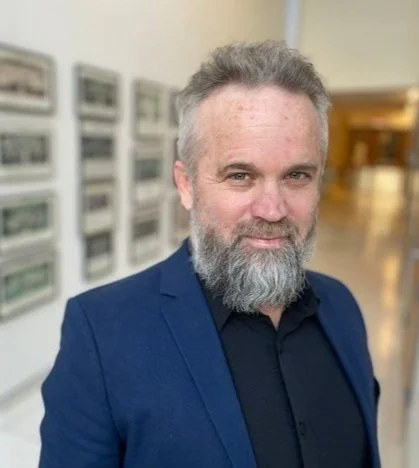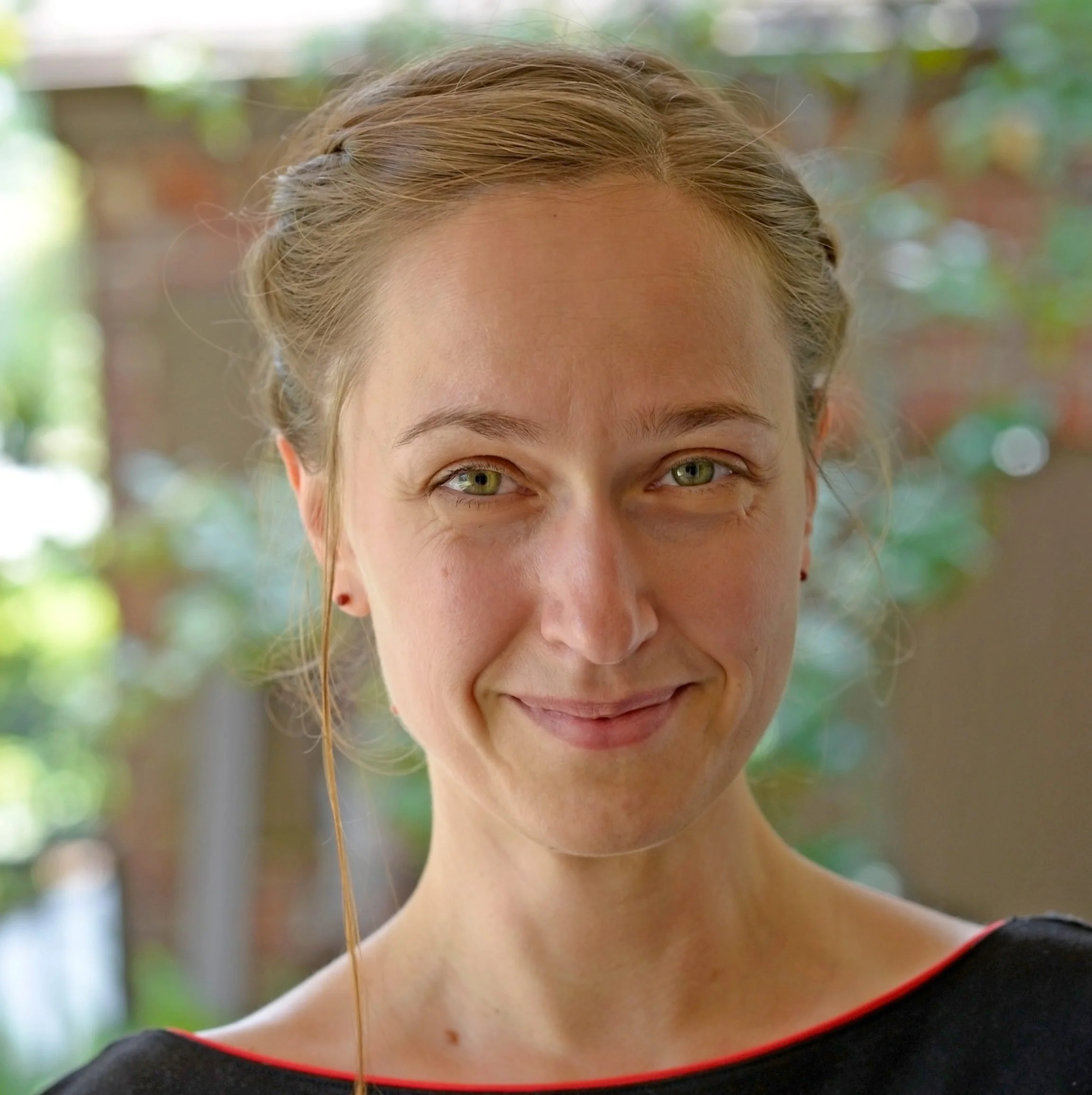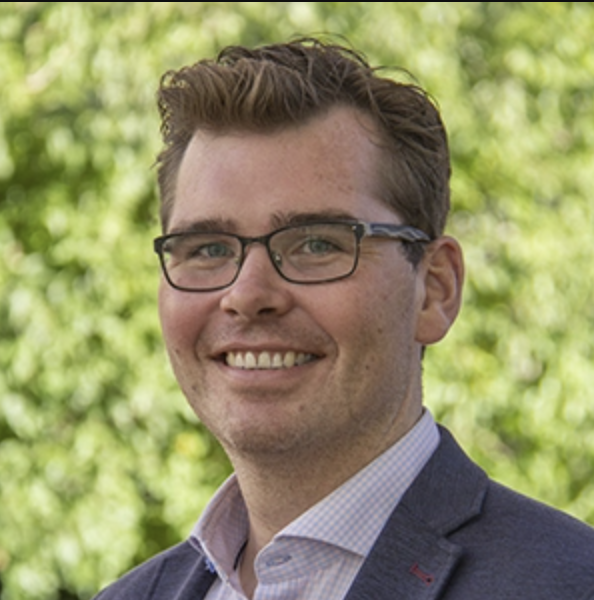2024 SPEAKERS
Dr. Nelson Shen
Dr. Nelson Shen is a Project Scientist at the world-leading Digital Mental Health Lab at the Krembil Centre for Neuroinformatics (KCNI) at the Centre for Addiction and Mental Health (CAMH). He is also an Assistant Professor and Faculty Lead in the Institute of Health Policy, Management and Evaluation (IHPME) at the Dalla Lana School of Public Health at the University of Toronto, and a Research Fellow in Compassion and Artificial Intelligence at AMS Healthcare.
Dr. Shen received his PhD in health services research at IHPME with a specialization in Health Informatics. He was a Canadian Institutes of Health Research Health System Impact Post-Doctoral Fellowship. His fellowship focused on understanding patient and family engagement in digital health initiatives at CAMH.
Dr. Shen’s research at the Digital Mental Health lab uses mixed methods to engage patients, families, clinicians, and other stakeholders in the design of technologies, processes, policies, and strategies that support digital health and AI initiatives. His work also includes evaluation of digital health interventions and programs. Broadly, his research interests focus on digital health in the areas of patient engagement, privacy, trust, compassion, adoption theory, evaluation, implementation sciences, and design thinking.
One focal point in Dr. Shen’s research is patient privacy, an implementation barrier in health informatics. In collaboration with Canada Health Infoway, He has been exploring patient and public privacy perspectives on the digital health ecosystem. Through this work, he hopes to identify compassionate ways healthcare organizations can foster trust and acceptance in an ever evolving and unregulated digital health and AI ecosystem.
Dr. Ron Shore
Dr. Ron Shore is a Research Scientist for the Queen's Psychedelics Collaborative and the Lead Clinical Trial Therapist in his clinical trial of psilocybin for alcohol use disorder, and an Assistant Professor (Adjunct), both in Department of Psychiatry at Queen's University.
Dr. Shore has 23 years of experience contributing to and leading front line harm reduction, improving community health and mental health, and treating addictions. He started as a prison outreach worker at the height of the AIDS epidemic and built a needle exchange program. He then became a Founder of Street Health Centre, a multi-disciplinary community health centre for people facing multiple barriers to health, including homelessness and addiction.
Dr. Shore has also taught for 16 years at Canadian universities, including Queen's University (Introduction to the Study of Alcohol and Drug Problems) and University of Ottawa (Psychedelics, Politics and Harm Reduction).
Dr. Anita Tusche
Dr. Anita Tusche received her PhD in Psychology in Berlin and then continued her research as a Postdoctoral Scholar at the Max-Planck-Institute for Cognitive and Brain Science as well as the California Institute of Technology. She came to Queens in 2018 as an Assistant professor in Neuroeconomics and a Queen’s National Scholar. She is the principal investigator at the Queen’s Neuroeconomics Lab, which studies the neuroscience of decision-making. In this lab, some of the primary research themes include studying how empathy shapes behavior (if it’s strategic or altruistic), why some people struggle with self-control, whether mechanisms driving some decisions influence other choices (such as dietary successes decisions and altruistic decisions), how people can increase ‘good’ decisions, and how attention shapes our brain and neuronal processes.
Dr. Tuche is a pioneer in the field of neuroeconomics, and her main goal is to build neurally informed computational models of decision making, which explain the differences that are observed in people’s behavior. She uses interdisciplinary methods from psychology, neuroscience and behavioral economics, combined with computational models, to explore her research.
Dr. Luka Milosevic
Dr. Luka Milosevic is a scientist at the Krembil Research Institute, an Assistant Professor at the University of Toronto in Biomedical Engineering, and an Affiliate Scientist at the KITE Research Institute. He is also the co-Director of CRANIA, which is a research center dedicated to advancing novel technologies and implanted devices. He received his PhD in Biomedical Engineering at The University of Toronto, and completed a Postdoctoral Fellowship at the University of Tübingen Institute for Neuromodulation and Neurotechnology, in Germany.
His research focuses on the fields of biomedical engineering and human neurophysiology, especially focusing on deep brain stimulation (DBS) mechanisms, synaptic plasticity, brain-computer interfaces, machine learning, and development of novel data-driven methods of brain stimulation.
He is also interested specifically in understanding how deep brain stimulation alleviates tremors in Parkinson’s disease.
Dr. Jeremy Stewart
Dr. Stewart studied at Queen’s for his Undergraduate and Master’s degrees in Psychology and Clinical Psychology, before completing Postdoctoral training at the Center for Anxiety, Depression and Stress Research at McLean Hospital and Harvard Medical School. He returned to Queen’s in 2018 and is now an Assistant Professor in the Department of Psychology.
Dr. Stewart leads a team at the Queen’s Emotions and Risky Behaviors in Youth (QuERBY) Laboratory. Dr. Stewart’s research focuses on understanding the onset of and worsening of suicidal thoughts and behaviours, as well as the risk factors which contribute to the escalation between suicidal thoughts and behaviours. The translation aspect of this work is in suicide prevention, with the hopes that research in this field can help to avoid preventable loss of life situations.
Dr. Stewart is passionate about understanding the development and progression of mental health in adolescence and young adults, and the de-stigmatization of these poorly understood behaviors.





